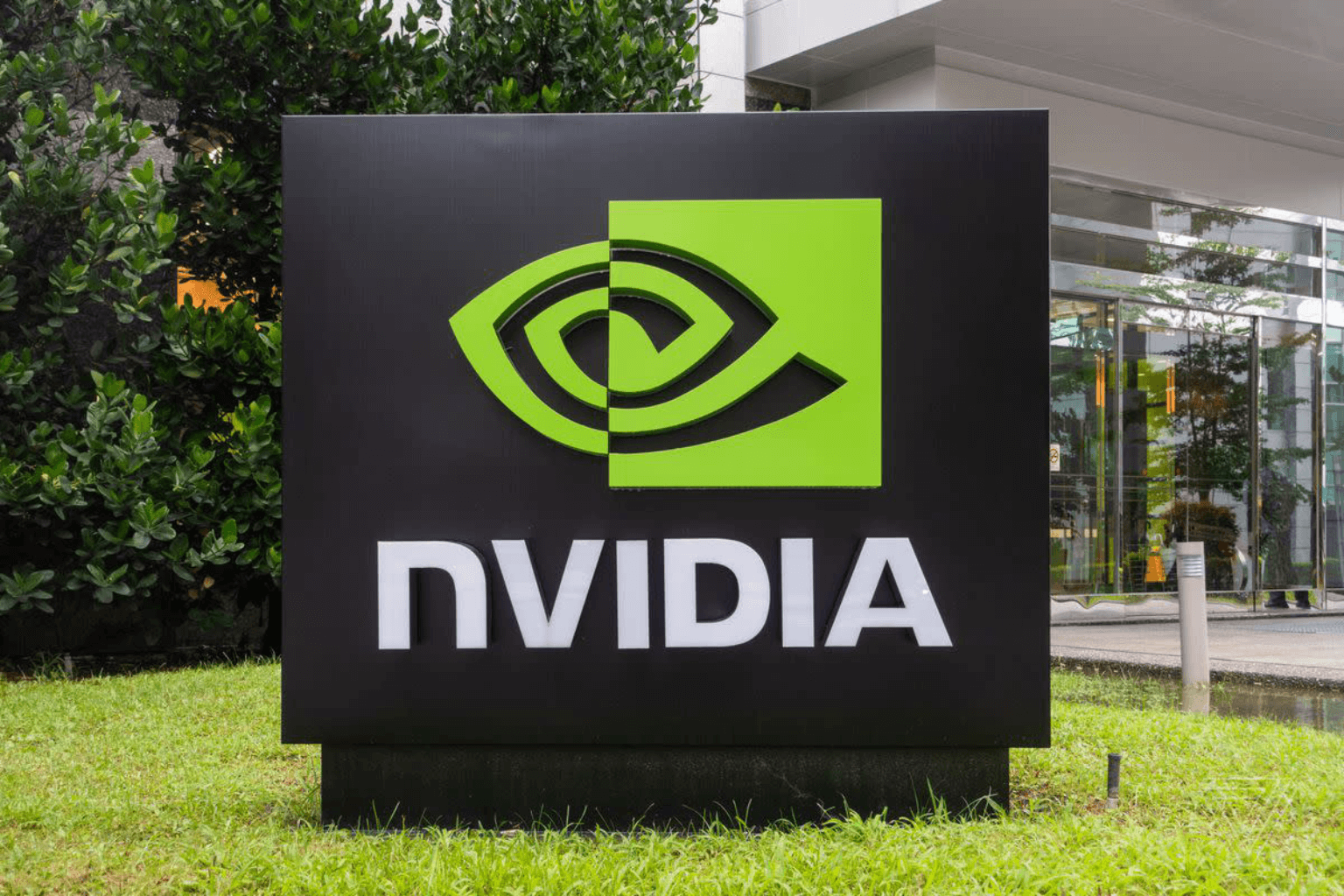
Nvidia’s Abrupt Stock Changes Highlight AI Rally Stamina
Nvidia’s stock surge is uncertain despite large investments from big tech companies and strong sales growth because of worries about sustained demand for AI chips and high valuations.
Big changes in Nvidia Corp. shares have brought up questions about how long the chipmaker’s rally will last. The value of the stock and the threat of competition are big worries, but one factor is very important: how long demand will last. For more than a year, Nvidia clients have been purchasing all of the AI accelerator chips the company makes. This led to a doubling of Nvidia’s sales to $61 billion in the previous fiscal year, and the company anticipates another nearly doubling this year.
Investors who anticipate a robust economy believe that companies will persist in investing in AI, as they seek to leverage this technology to expand their operations, develop new products, and enhance efficiency. In that case, Nvidia’s stock would rise because of the increase in revenue and profits.
As for bears, they are still not sure if AI can live up to the hype and start giving them enough returns on their investments. Demand will drop if this doesn’t happen, and Nvidia will have to explain its high valuation—at 23 times expected sales, it is the most expensive company in the S&P 500 Index.
Michael Kirkbride, partner and portfolio manager at Evercore Wealth Management, says that is what scares him the most about Nvidia, even though he still thinks the stock is going to go up. “This is all based on the longer-term risk that AI will not work out,” he said. “This is a risk that lasts for many years.” “This is a waste of money if AI turns out to be the next telco instead of the next internet.”
Kirkbride is talking about how expensive it was to build out telecommunications networks in the 1990s because people thought internet traffic would grow quickly. In reality, it grew much more slowly. Big investments and overly optimistic predictions helped stocks like Cisco Systems Inc. reach levels not seen in more than 20 years.
When the market value of Nvidia shares dropped by $430 billion in just three days or 13%, investors got a taste of what might happen to these shares. The shares rose on Tuesday and Wednesday, regaining half of what they lost during the selloff. Before the market opened on Thursday, the results of Micron Technology Inc. caused a decline in Nvidia shares.
Microsoft Corp., Meta Platforms Inc., Amazon.com Inc., and Alphabet Inc., which are Nvidia’s biggest customers, have spent more than $150 billion on capital projects over the last four quarters. A big chunk of that is going to Nvidia, which has the most chips for AI computing. Many of those companies say they are going to spend even more this year than they did last year.
Steve Eisman, a senior portfolio manager at Neuberger Berman, was right when he bet against subprime mortgages before the 2008 financial crisis. With this spending outlook, Nvidia shares have a lot of room to grow.
Analyst Skepticism Casts Doubt on Nvidia’s Long-Term Prospects
Gil Luria, an analyst at D.A. Davidson, is less confident. Luria is one of the few Wall Street analysts who has a “hold” rating on Nvidia. He agrees that cloud service providers like Amazon and Microsoft are likely to stay “insatiable” for another year or two, but he doesn’t know what will happen after that.
“Those customers will need to demonstrate a significant return on investment” before Luria recommends purchasing additional data centre equipment and increasing their data centre spending. “Until that happens, the goals for Nvidia in 2026 and beyond look very, very high,” he said, adding that so far, their returns are very small compared to what they’ve spent.
According to John Belton, a portfolio manager at Gabelli Funds, customers not getting enough return on investment could be a problem for Nvidia in the future. However, Belton doesn’t see any reason to sell the stock right now.
The company is aware of long-term trends and closely monitors them, but it chooses not to sell a brand with significant fundamental momentum due to its belief that things will improve shortly.
Micron Technology, Inc. is the biggest company in the US that makes computer memory chips. Investors’ disappointment with the company’s forecast led to a decline in its stock during premarket trading.
Demand for Micron’s traditional products, like PCs and smartphones, is still slow, even though the AI computing boom is helping the company. These places are just now starting to get better after a terrible slump last year.


